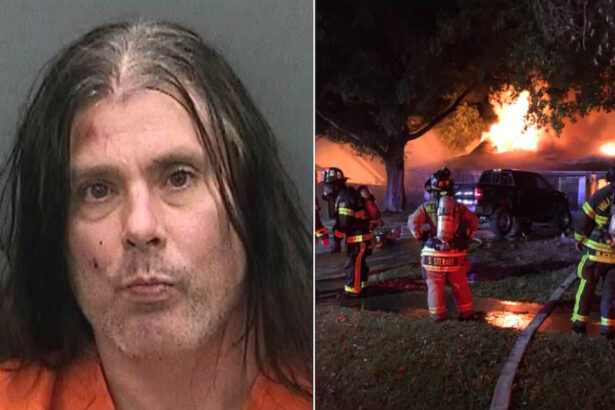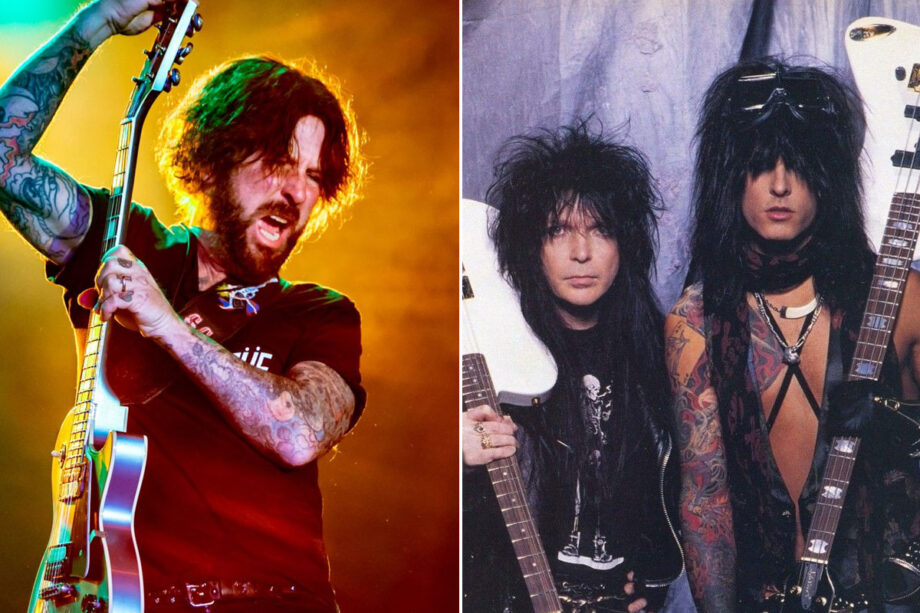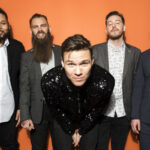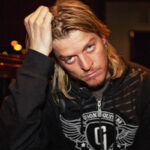L.A. Guns founder Tracii Guns shared his formative musical experiences in an interview with VRP Rocks. The guitarist recalled a pivotal moment at the Troubadour where he first encountered Mötley Crüe as a teenager.
“My bass player, one of my best friends growing up, this guy Danny Tall, he showed me a little ad for Mötley Crüe. We used to have a weekly magazine called Music Connection and they had an ad in there and they were playing at the Troubadour,” Guns explained. “I saw the picture and he knew that I would like that picture, that image, the early Mötley Crüe with all the leather and the crazy hair and I was like, ‘Oh we’re going to that.'”
“I saw Nikki Sixx and Mick Mars and I was like, ‘Oh that’s what you’re supposed to do,'” he continued. “They were so loud and they looked so cool, man. That was it, that was the end of everything.”
This transformative experience shaped Guns’ musical journey. It also defined his significant role in the Los Angeles rock scene of the 1980s.
Formation Of L.A. Guns
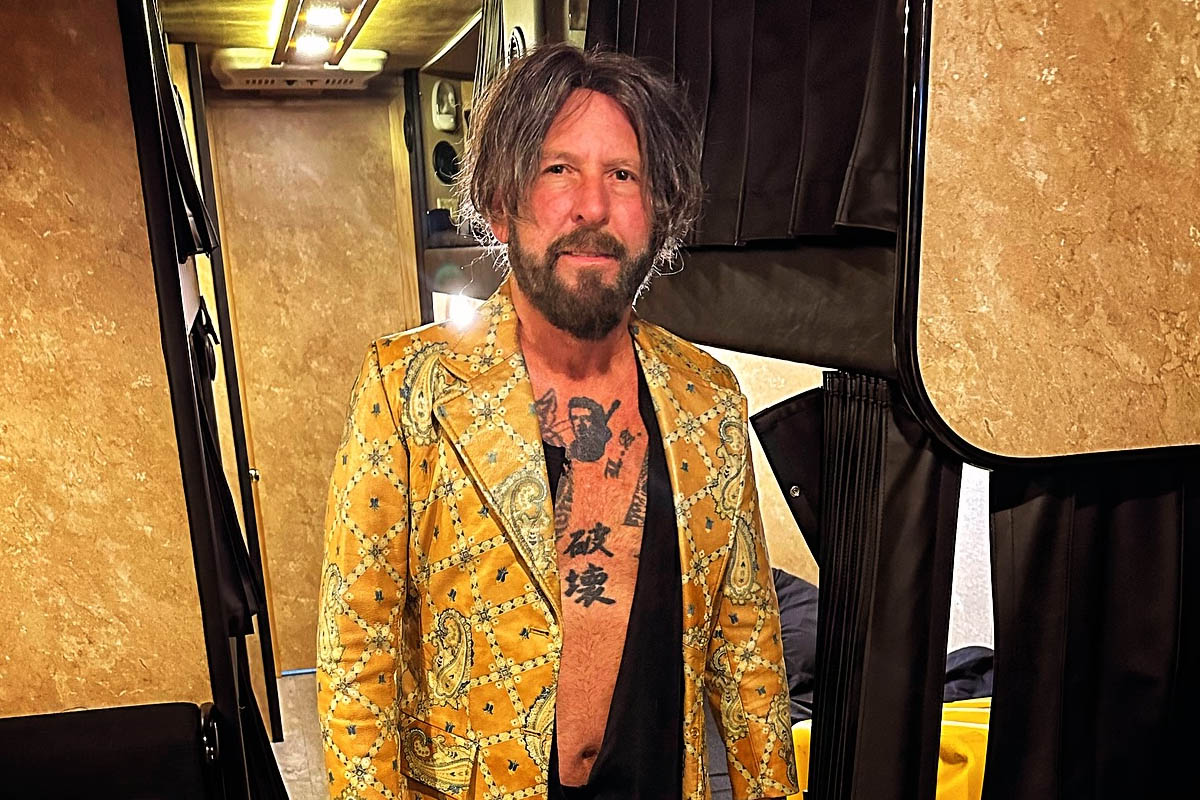
Historical records show that Tracii Guns co-founded L.A. Guns in 1983. He assembled a lineup featuring singer Mike Jagosz, bassist Ole Beich, and drummer Rob Gardner. This original group recorded the band’s first EP, ‘Collector’s Edition No. 1.’
The band emerged during a crucial period in the Los Angeles music scene. Artists were creating a new sound that would become known as glam metal.
Musical Influences
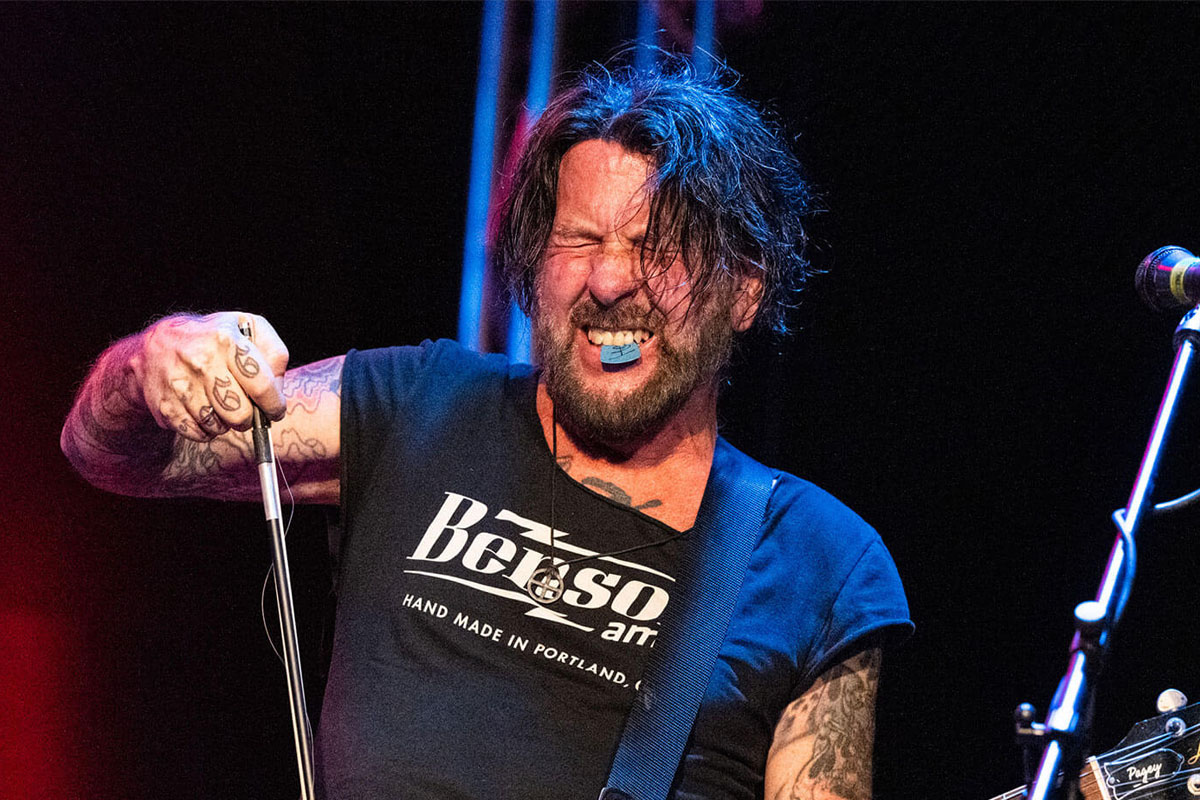
Eddie Trunk reports that Guns drew inspiration from several guitar legends. His influences included Johnny Thunders, Randy Rhoads, Eddie Van Halen, and Jimmy Page. These musicians helped shape his distinctive playing style.
His admiration for Mötley Crüe’s Mick Mars significantly impacted his guitar approach. He incorporated elements of both technical precision and theatrical presentation.
The Los Angeles Glam Metal Scene
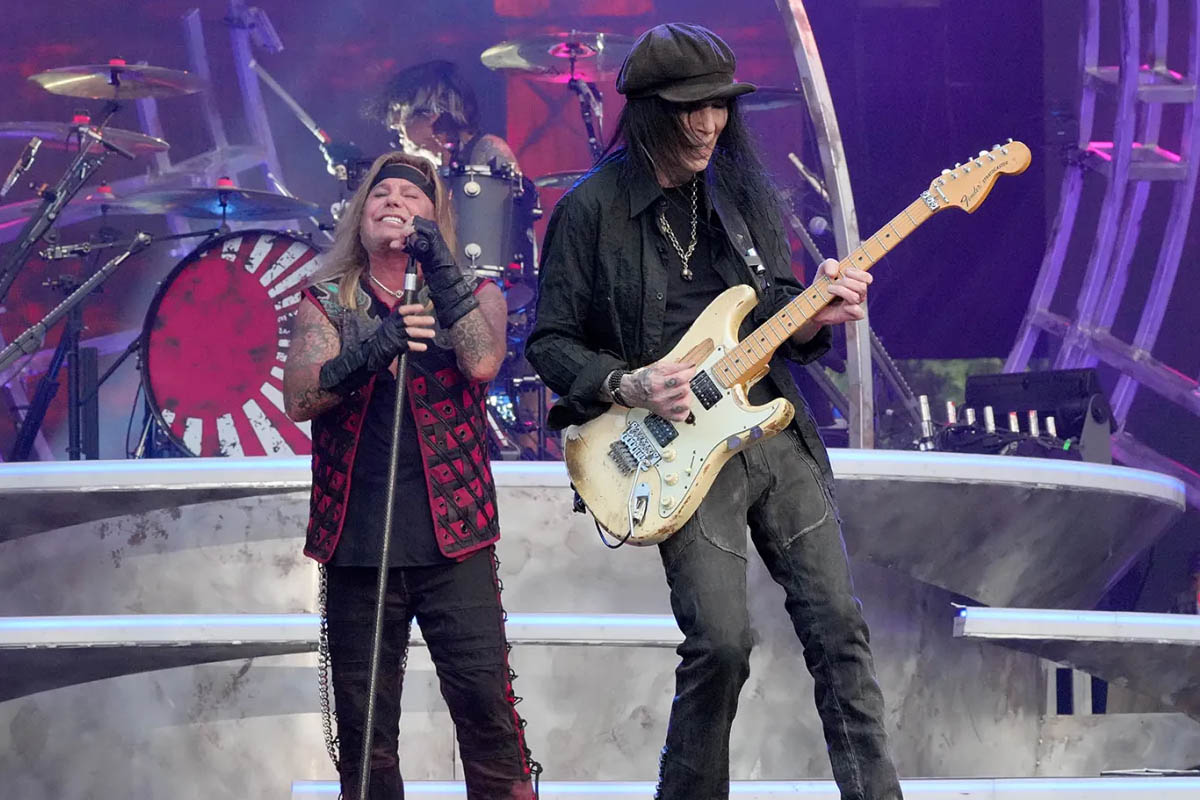
The early 1980s transformed Los Angeles music. Venues like the Whisky a Go Go and the Roxy Theatre became breeding grounds for the emerging glam metal movement. Louder Sound notes that this era featured frequent collaborations and creative exchange between bands.
This environment of musical experimentation and shared stages proved crucial. It established the signature sound that would define both L.A. Guns and the broader Los Angeles rock scene of the 1980s.

